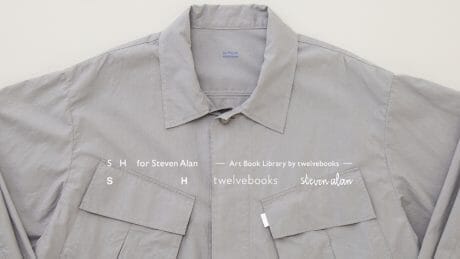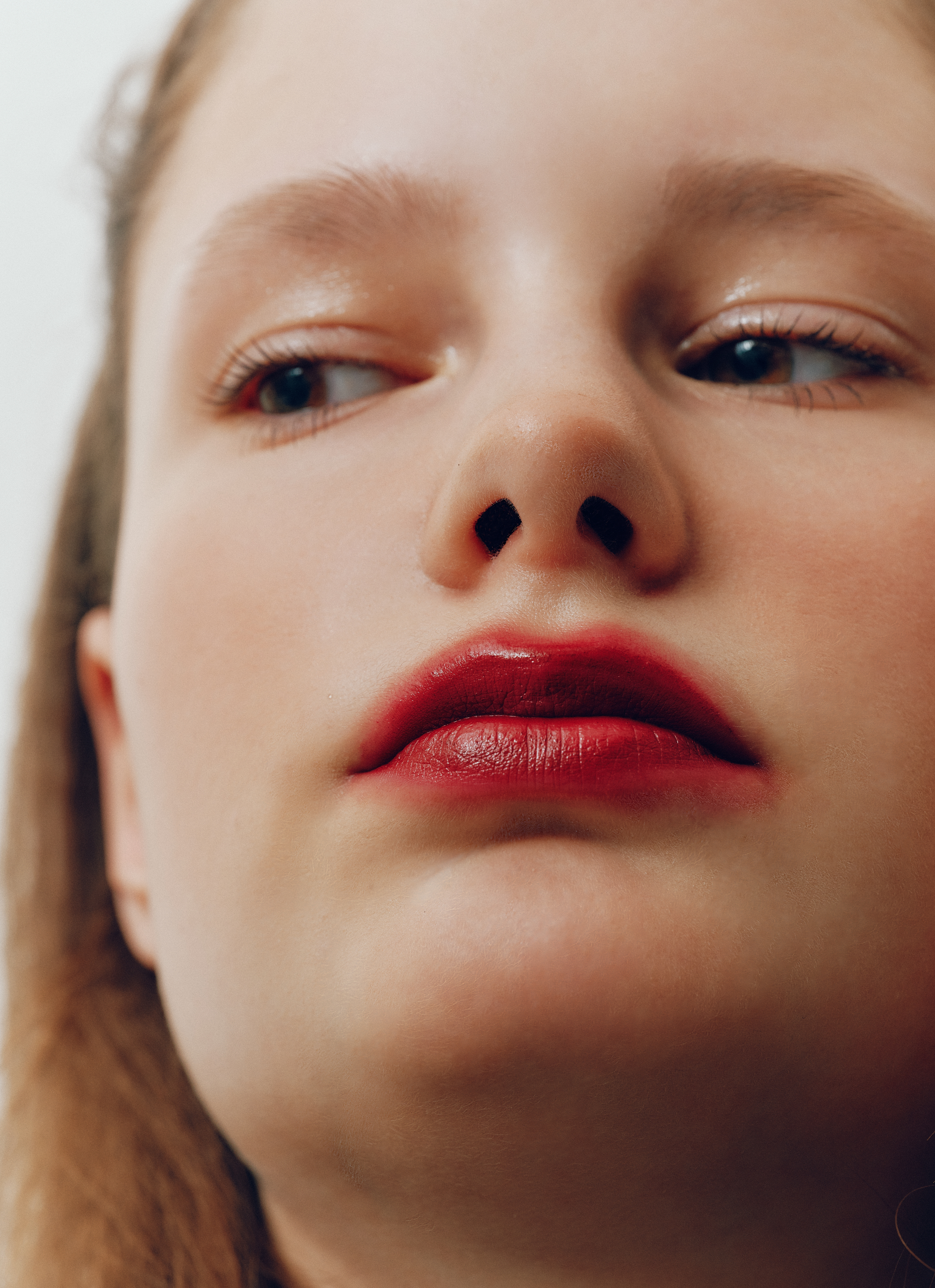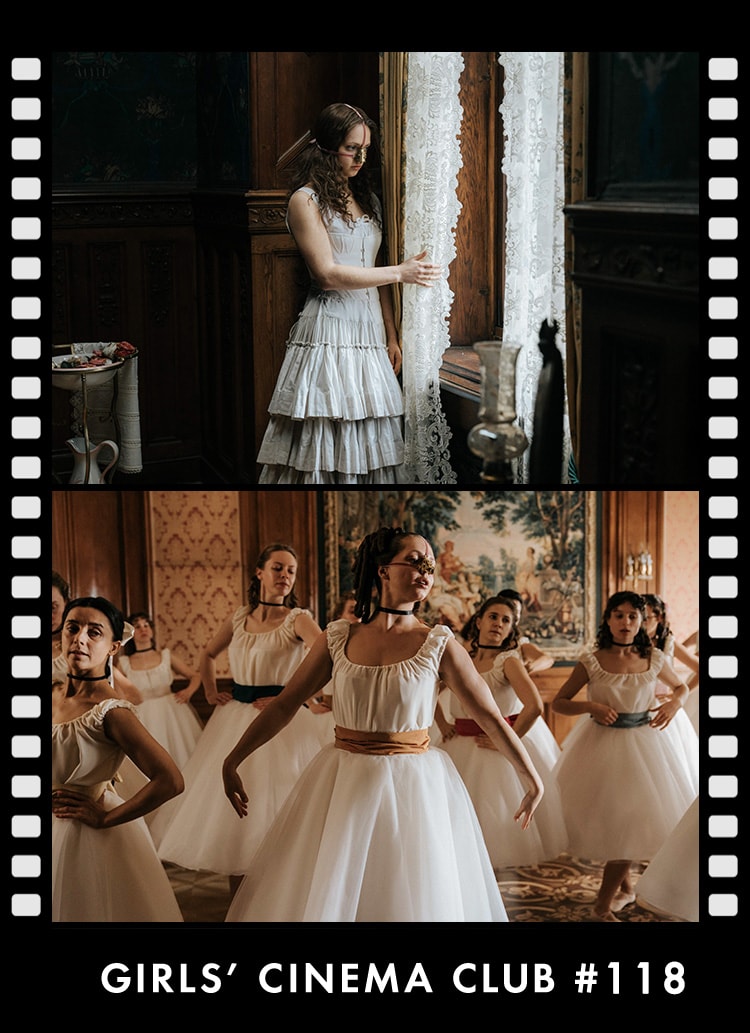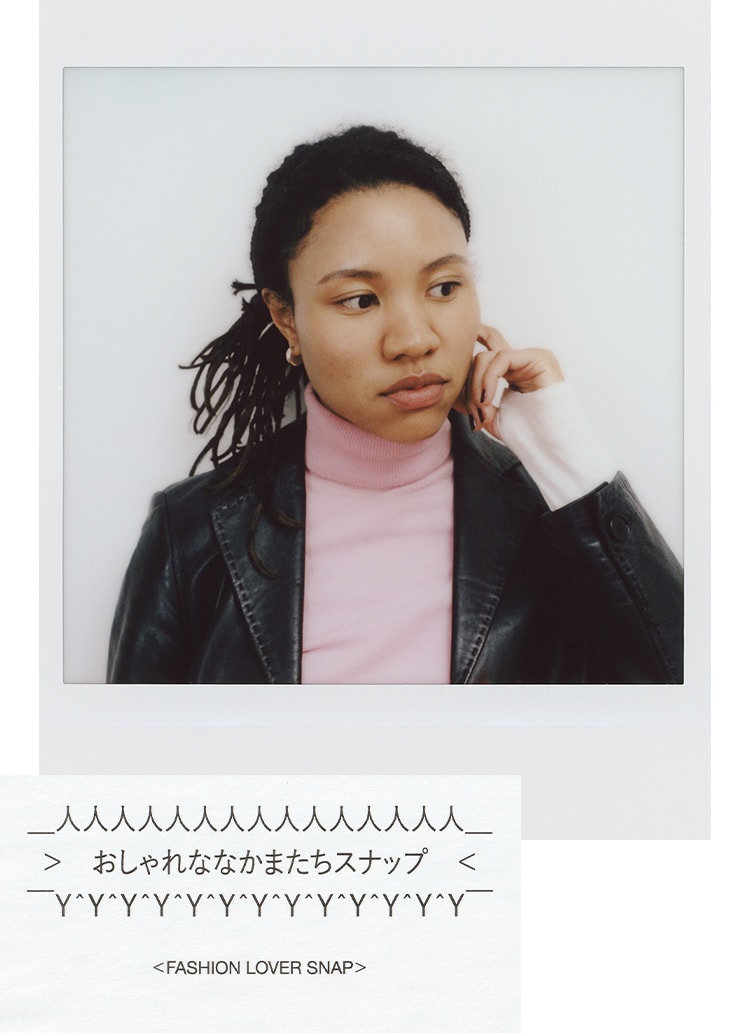In the Corona disaster, going abroad has become a distant thing in itself. However, when you can't go abroad, it is human nature to want to go even more. Don't you all want to travel abroad now? I think it is the role of the media to provide you with various information on the other side of the sea until that day when it arrives. Well, without further ado, I would like to introduce you to Mr. Shohei Seki, who is active in Paris, in a monthly Series starting from this issue.
Photo&Text_Jumpei Seki
Shohei Seki
FASHION IMPROVER
Born in Tokyo in 1979. Based in Paris, he works as a Fashion Improver to enhance the value of various companies in Japan and abroad. His work ranges from directing stores and brands to managing joint exhibitions and other events. In October 2019, he will open his own select store "PARKS Paris" in the 16th arrondissement, one of the most exclusive areas in Paris.
Instagram:sekijumpei
Vol.1_Super Stitch
My name is Seki of Fashion Improver, and it has been almost 6 years since I suddenly moved to France in my mid-30's. . I'm a middle-aged man who loves fashion, and I met a wonderful shop in Paris. In this project, I would like to introduce some of the wonderful stores that this middle-aged fashion lover has encountered in Paris, along with the people who are involved with them.
I hope to share with you the charms of Paris as seen by Seki, who is also a HOUYHNHNM's reader like you.
For our first installment, we visited "Super Stitch," the only denim repair service in Paris, which has been a hit with denim lovers not only in France but all over Europe. We paid a visit to the store, which opened last year, and spoke with Arthur.
Arthur Leclercq
In 2016, he brought his "Union Special 43200G" to his home and started a denim hemming service. Currently, at his store "Super Stitch" in the 6th district, he handles various denim-related repairs and also sells original denim that he has produced himself. In the future, he plans to start a custom-made denim service.
-Bonjour, Arthur!
Nice to meet you too.
-First of all, I'd like to ask you about your past, where are you from in France?
. I'm from a town called La Rochelle in southwestern France. From Paris, it is a little before Bordeaux.
-That's a city by the sea. I've been to Le Island, which is just around the corner in the summer.
Yes, yes, yes. It's a very nice place.
-So when did you come to Paris?
. in 2012, when I was 24 years old.
-Is that because of higher education or something?
No, I came to work at Edwin's first store in France because they were opening their first store there. When I was in La Rochelle, I knew that I wanted to work in denim in the future, and for that I needed to work for a big company where I could learn a lot. So I started out as an intern.
-I'm going back a bit from there, but you were originally a motocross rider, right?
. I started when I was 5 , until I was 19. . I competed in the French Championships and traveled all over France.
-Maybe it was your motocross career that made you fall in love with American culture, which is also connected to denim?
Hmmm , when you put it that way, it sounds like it (laughs). Certainly back then I loved famous American motocross riders and was fascinated by the big logos and graphics on their bikes and team trucks, so maybe we are connected in that sense.
-But you weren't a denim lover then, were you?
Yes, at the time, all I could think about was motocross.
-. Let me go back to six years ago when we first met. I remember we talked about Alden, which I was wearing at the time, and denim. You were working for Edwin at that time, right?
I was working as a salesman at another showroom owned by the president of the Edwin store in Paris at the time. There, I dealt not only with Edwin, but also with other American brands.
-What made you decide to start a denim repair service apart from that business?
Edwin's store also had a chain-stitching machine for hemming, but it was not a denim-specific machine. . No one in France was that concerned about it. So I decided to buy a sewing machine for myself.
-When did you buy your first sewing machine for yourself?
That was five years ago November. I had been looking for this "Union Special 43200G" sewing machine for a long time before that, and I finally bought it. But when the machine first arrived, it was in such a bad condition that I had a hard time fixing it.
The machine produces a diagonal, drawn-in bite on the hem. We call this the roping effect.
-With that sewing machine, you started hemming denim first.
. I used to do it at night in my apartment after I finished my day job. At first it was through word of mouth from friends and Instagram, and gradually I started getting requests from denim stores in Paris such as "Anatomica," "JINJI," and "ELEVATION STORE.
. - You started your own store in your current location after having outgrown the services you provided from your home, and after two other stores and studios, you opened your own store in your current location.
Finally, after all these years, I finally got my wish. . it opened on February 26, 2020.
-Why did you choose this area of the 6th arrondissement?
I guess the main reason was that I liked the 6th arrondissement, which is located in the heart of Paris and has the cultural atmosphere that the Left Bank has, but also the nearby Luxembourg Park, which is a relaxing place to spend time. But the main reason I chose this property was this big window. It faces the street, so guests can see the many sewing machines inside from the outside, and it's nice to have the sun shine in, isn't it?
-Do customers who come to your store most often ask for hemming?
Of course we do a lot of hemming, but lately we've been doing a lot of other alterations as well. There are many people who gained weight during the restrictions on going out that we had last year, so we also do alterations to widen the waist (laughs). (Laughs.) Others ask me to change the silhouette, for example, to make it more tapered. . Also, there are a lot of people who come to buy our original Japanese denim.
*Denim on the store shelves are not hemmed, and hemming is done on the spot after trying on the garments and determining the hem length. Generally, a five-minute wait is all it takes to complete the hemming.
-They are made in a well-established denim factory in Okayama, right? How's the reputation?
The response has been amazing and we are always out of stock. I've had several repeat orders, and they're selling so well that we can't keep up with production. I am surprised and very happy. I think the size fits French people better than Japanese brand denim sold in Paris, and I think that's one of the reasons why they are so popular.
-Not only this denim, but also what kind of image do French people generally have of Japanese denim?
In a word, it is an endorsement of good quality. However, I feel that many French people are mistakenly aware that "denim made in Japan = selvedge. But I would like to convey to them the difference in touch and feel, as well as the wonderful changes that occur over time after two or three years of wear. I have a feeling that people are starting to understand my work a little more nowadays.
-By the way, is there any Japanese who bought this denim?
. I've had about three people order through the web store.
. - Only three people in Japan have them, so they are still quite rare (laughs).
Yes, that's right (laughs).
-There are so many sewing machines in this store , how do you always find them?
. mainly the internet and Instagram. . There are people who have a network of people looking for old sewing machines, and I correspond with them. . I also look on eBay, but most of them are in bad condition.
. "We have a large selection of yarns to meet a variety of requests. Many of the yarns are imported from Japan.
-Where do you buy most of your sewing machines from?
There are also many from Thailand and other Asian countries. There are a lot of factories for denim brands, so there are a lot of sewing machines. I don't often buy from Japan, but I have the impression that there are many vintage sewing machines in very good condition in Japan.
-There seem to be many kinds of sewing machines for denim, but how many kinds of sewing machines do you need to sew one pair of jeans?
Depending on the model to be made, there are about 13 to 15 different types. All of them have different roles, and they need to be used in different ways depending on the part or parts to be sewn.
-Do you already have all kinds of those sewing machines?
. at the end of last year I finally got all my sewing machines. . so I'm planning to start a new custom-made service this year.
-What does it say?
I'm not sure what to name it yet, but it will be a service where the customer takes measurements, selects fabrics, silhouettes, parts, and other specifications, and even sewing threads, and then sews each piece here.
-I'm really looking forward to it . I'd love to order one. Also, that sewing machine behind you is for chain stitch embroidery. I bought it last January at "PARKS ParisI remember it because I had an event at the "Mere Old Man" as well.
. yes, this is a sewing machine from the 1950s. . That event was during Fashion Week, so it was great to see so many Japanese people there.
-This sewing machine for chain stitch embroidery embroiders letters without a draft. It looks very difficult, though .
. I didn't handle it well at first, but I practiced a lot. . This is true for other sewing machines as well, and practice is necessary, but since they are all old machines, daily maintenance is also important. When I buy a machine, I take all the parts apart, clean them, and reassemble them, so I can understand how the machine works and know which parts are missing or need to be replaced.
The right hand controls a handle under the desk to change direction to draw letters and shapes."
-. I can do my own maintenance, which is a big plus. . I guess it helps that I used to play motocross. I'm sorry for linking everything to motocross (laughs).
That may be true (laughs).
-This embroidery is freehand, so each piece has a different look, which is very attractive. Also, I like the three-dimensionality of it. You also collaborate with various brands using this sewing machine, don't you?
Yes, there are many events. Some of the major brands include NIKE, Vans, and Carhartt . . The work with agnès b was great, too.
We also sell vintage denim selected by Arthur."
He uses an old typewriter to type messages to the customers who buy from him.
. - I know you also had an event at the select store "Merci". By the way, what kind of image do you have of Japan?
I have not been to Japan yet , but I have many good images of the country . For me, it is a very interesting country. I can see the attention to detail in products made in Japan, not just denim, and the humility and respect people have for their craftsmanship. I would like to visit there someday, and when I do, I would like to visit not only Tokyo, but also other parts of Japan and enjoy the food.
. - I'll be your guide then, okay?
I hope we can hold a "Superstitch" event in Japan at that time .
. "We also produce denim detergent. The bottle was inspired by coolant used for motorcycles.
-. then, finally. What has changed the most for Arthur since Corona? . Whether it's his daily life or his work.
I'm sure we're all the same, but first of all, I'm so sorry I can't go to the restaurant anymore. It was one of my favorite things to do. . but I'm cooking at home more now. Also, I feel that people understand and choose better things now than before Corona. . This is true for clothes, as well as for the food they eat. I also believe that quality food made with care can inspire people. In that sense, I hope that this will be an opportunity for everyone to love denim even more, and to use it for a long time, fixing it up as they go.
. The blue one is almost out of stock. The two left are samples worn by Arthur, giving them a vintage look.
-. yes, that's right. . maybe that's what makes us truly sustainable, too. It was a pleasure talking with you today. Thank you.
Thank you , too.
〜After the interview...
What one likes, one will do well
When I talked with Arthur, I thought that people who love what they do are strong. But I also think that it takes a tremendous amount of effort and energy to turn that love into a job and keep it going. I am sure that not just anyone can do what they love and have everyone be happy with it, and I am sure that there are many hardships that only pioneers face in doing what others are not doing, but I am sure that he will continue to overcome these difficulties with the power of his "love for denim. I am sure that he will continue to overcome these hardships with the power of his "love for denim. . I was impressed by the way he tackles his work with pride while having fun at the same time.
Next time, we will introduce you to a select shop that proposes a good-looking, or rather, a sturdy male image, which is surprisingly rare (?) in Paris. Next time, we will introduce you to a select store that proposes a good-looking, or rather, a sturdy male image, which is surprisingly (?) rare in Paris. Stay tuned!


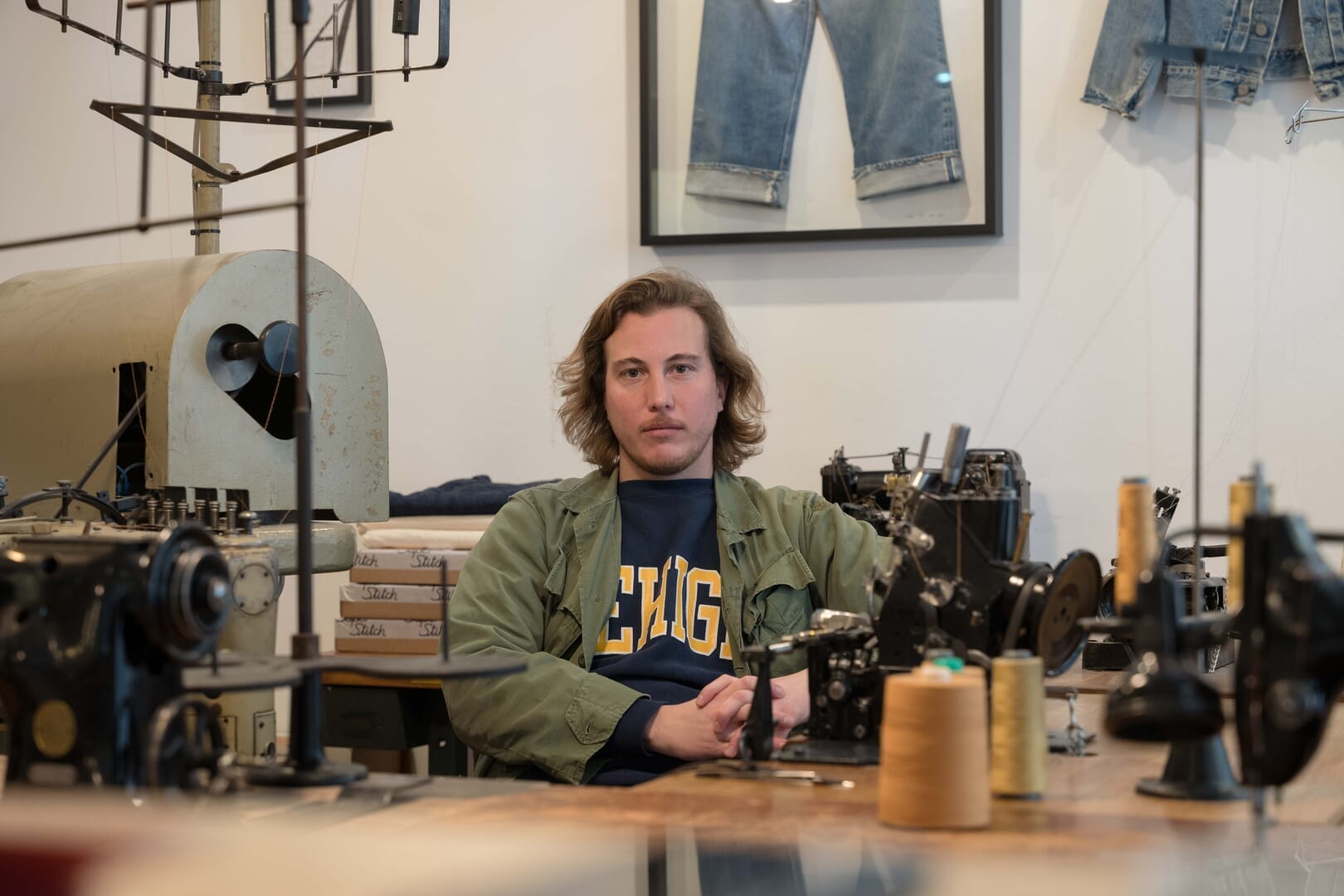

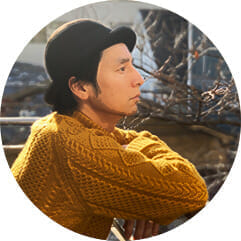
![Series 【 Parisian 6 years of exploring stores.] Vol.2_THE COOLEST MAN YOU KNOW](https://www.houyhnhnm.jp/wp-content/uploads/2021/02/tcmyk_0001-700x467.jpg)
